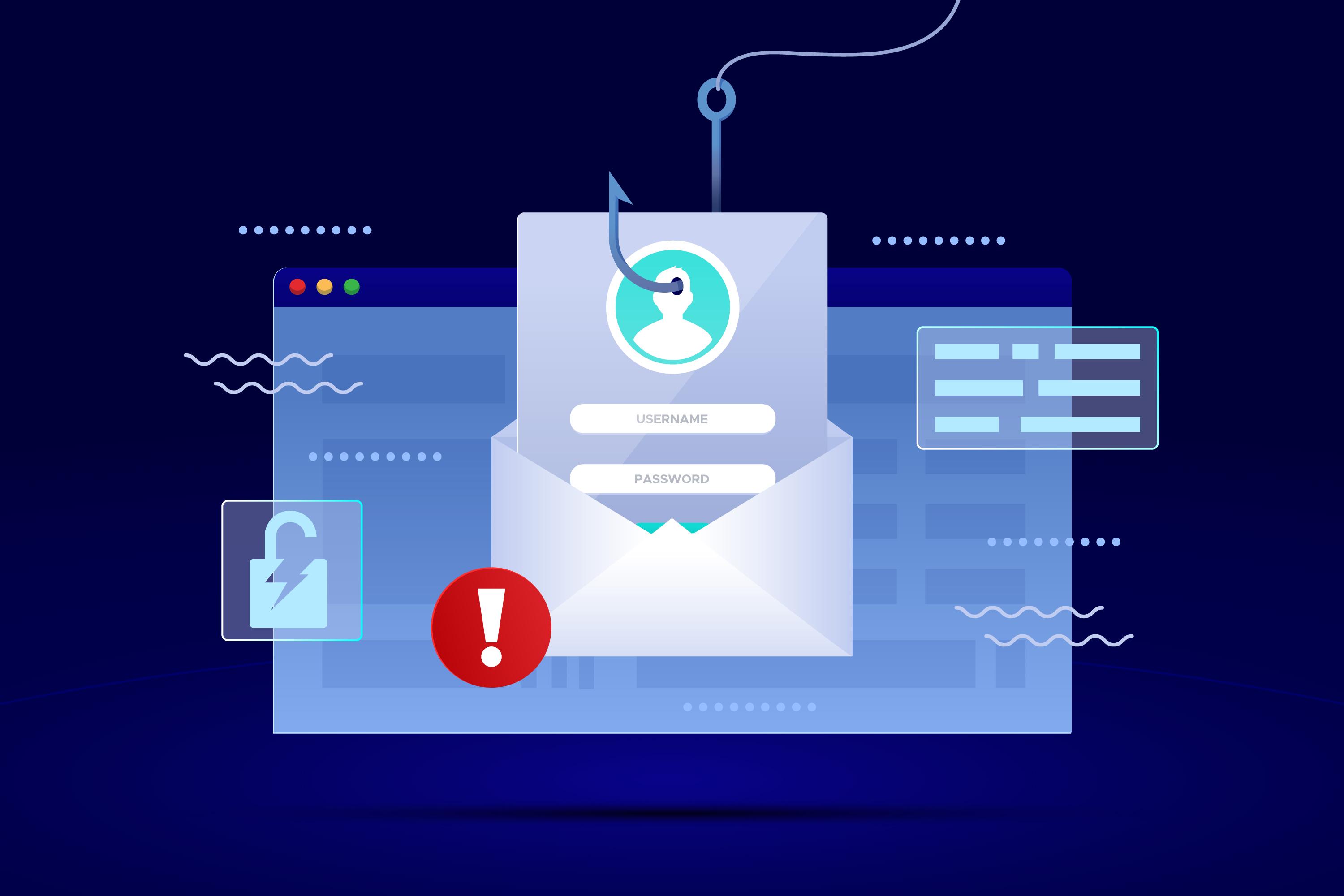
por Rebeca | Oct 26, 2023 | Ciberseguridad, Noticias, Soffid
En un mundo cada vez más conectado, las organizaciones se enfrentan a una creciente amenaza: el phishing y la suplantación de identidad. Los atacantes buscan aprovecharse de la confianza de los empleados para robar información sensible o comprometer la seguridad de la empresa. En este contexto, es esencial contar con una sólida solución de Gestión de Identidad y Acceso (IAM) como la ofrecida por Soffid.
El Riesgo del Phishing y la Suplantación de Identidad
El phishing es una táctica de ataque en la que los ciberdelincuentes se hacen pasar por entidades legítimas, como bancos, proveedores de servicios o incluso compañeros de trabajo, con el objetivo de engañar a los empleados y obtener información confidencial, como contraseñas o datos de acceso.
Cómo Soffid Aborda esta Amenaza
Soffid comprende la gravedad de la amenaza del phishing y ha implementado medidas avanzadas para proteger a las organizaciones. Algunas de las características y capacidades clave incluyen:
- Autenticación Multifactor (MFA): Soffid ofrece una autenticación sólida mediante MFA, lo que dificulta en gran medida que los atacantes accedan a cuentas y sistemas incluso si obtienen credenciales de usuario.
- Monitoreo de Comportamiento de Usuarios: La plataforma Soffid puede analizar el comportamiento de los usuarios para identificar patrones anómalos que puedan indicar intentos de suplantación de identidad.
- Gestión de Sesiones: Soffid controla y registra las sesiones de usuario, lo que ayuda a identificar y bloquear el acceso no autorizado.
- Educación y Concienciación: Soffid ofrece herramientas para capacitar a los empleados sobre la identificación y prevención del phishing, fortaleciendo la primera línea de defensa.
Beneficios de Soffid en la Lucha contra el Phishing
- Mayor resistencia contra ataques de phishing y suplantación de identidad.
- Protección de datos y activos críticos de la organización.
- Cumplimiento con regulaciones de seguridad de datos.
En un mundo donde los ataques de phishing se están volviendo cada vez más sofisticados, contar con una solución de IAM como la de Soffid es esencial para salvaguardar la integridad de tu organización.

por Rebeca | Nov 24, 2021 | Sin Categoria
The vacation season increases online phishing scams; we’ve all been subjected to phishing attacks. – specifically, Fake messages from a seemingly trustworthy or reputable source designed to convince you to click on a malicious link; thus disclose information, give unauthorized access to a system or execute a financial transaction.
It may come as at text message, a phone call, or an email.
According to US-CERT, some of the most common – and seemingly legitimate – phishing emails include bogus communications from online payment or Internet service providers. Obviously, generates false accusations from the FDIC about violating the Patriot Act (requesting that you «verify» your identity); and bogus communications from your company’s IT department ( therefore, seeking sensitive information that someone can use to access corporate systems and data).
In today’s digital age, keeping your personal information personal is vital to ensuring that your assets are not put at risk. If your information is compromised, you’re vulnerable to fraud, hacking, and identity theft which can cost countless hours and significant amounts of money to correct or repair.
With online shopping trumping in-store retail this holiday season, cybercriminals will have no shortage of potential victims to target.
Bad Actors Are Taking Advantage Of Pandemic-Related Shortages
generally, “The pandemic has caused significant shortages in many items, especially electronics.” Said Erich Kron, security awareness advocate at cybersecurity firm KnowBe4. however “This season is already known for the stress related to finding that must-have gift, however, the continued emotional stress caused by the COVID-19 pandemic combined with the even more significant shortages is causing people to take bigger risks to get that perfect gift. This means turning to unknown online vendors or social media as a desperate last resort. Unfortunately, these risky moves often result in disappointment as scammers take the money and run.”
Phishing attacks are on the rise.
Typically, criminals behind phishing attacks aren’t attempting to steal money. They’re attempting to steal something potentially much more valuable: data.
When phishing attacks trigger data breaches, the consequences for businesses can be severe.
Reputational damage
Following the announcement of a data breach, a company’s reputation immediately takes a hit.
Headlines like “British Airways data breach: Russian hackers sell 245,000 credit card details” and “EasyJet admits data of nine million hacked” obviously, become mainstream news stories. It doesn’t matter how formidable a company’s basically PR department might be.
Such reports can take years to fade from memory. As long as they linger, but they influence public opinion of a brand.
Loss of custom
Reputational damage is just the beginning of the backlash.
News of a data breach tends to make customers nervous. A 2019 survey revealed 44% of UK consumers will stop spending with a business for several months. in the immediate aftermath of a data breach. 41% of consumers reported they would never return to a business that had experienced a breach.
After 157,000 TalkTalk customers had their data compromised in 2015, customers left in their thousands. The costs of the breach reached £60m in 2016 alone. In 2019, the company reportedly failed to notify 4,545 customers affected by the breach at the time. The ramifications, it seems, will continue for years.
Companies can help employees protect themselves from these types of common attacks. They can provide training and education on what to look out for when it comes to phishing schemes. Individuals need also be diligent when it comes to unexpected emails or communications.
generally, businesses are at a high risk of fraud due to a variety of factors. including large amounts of operating cash multiple. online users and regular patterns of electronic and check payments, specifically which can be targeted by account takeover or business email compromise scams.
See how Soffid can help you stay ahead of the curve in a rapidly evolving digital world avoiding phishing or any attack to your company, shall we talk?
Source:
(1) consumer.ftc.gov
(2) Dark Reading
(3) TechNews
Picture: <a href=’https://www.freepik.es/fotos/personas’>Foto de Personas creado por rawpixel.com – www.freepik.es</a>



